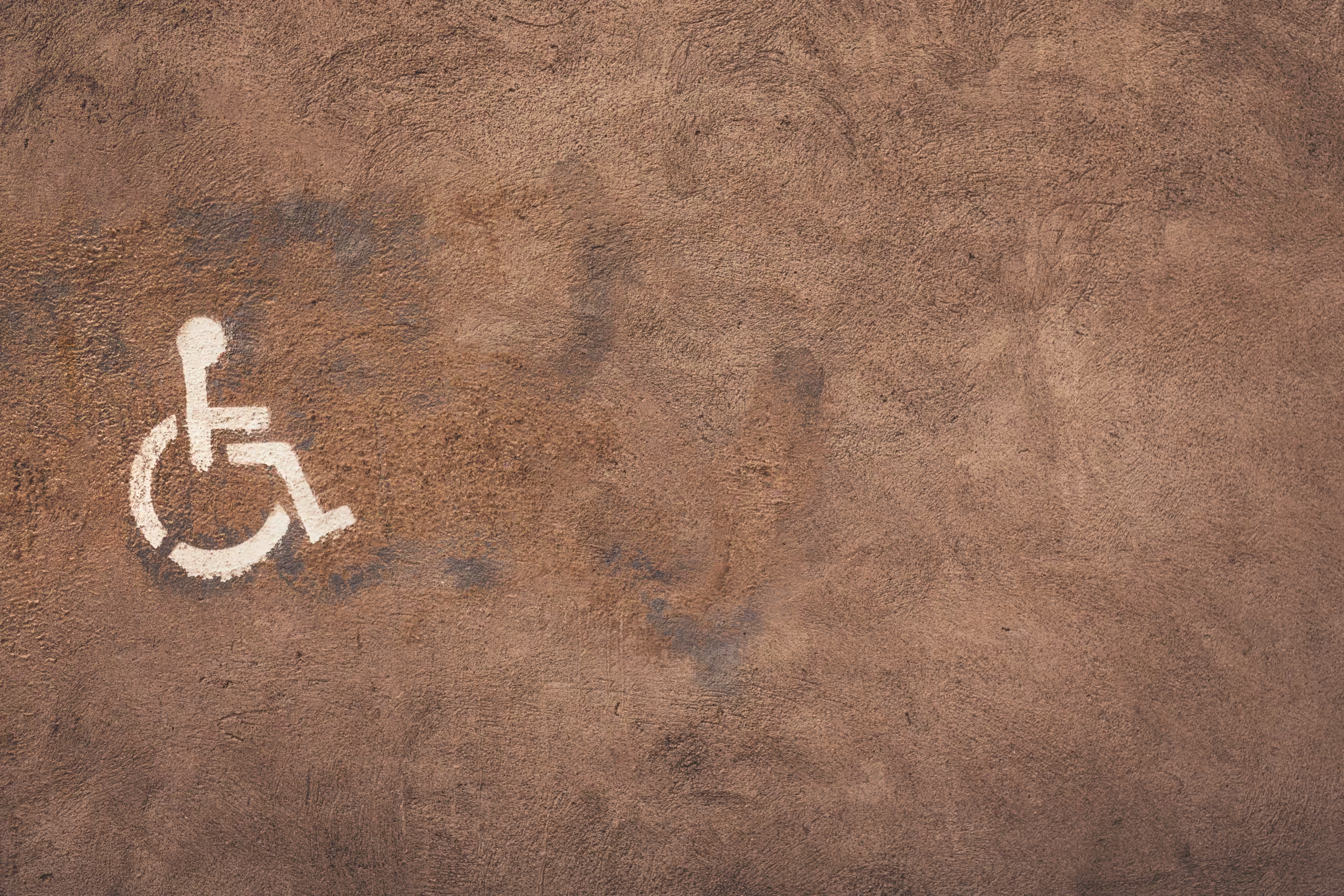Understanding Background Checks and Their Importance
Background checks are essential tools used by numerous entities to obtain detailed information about an individual’s history. Various types of background checks exist, each serving distinct purposes. Employment background checks, for instance, are commonly conducted by employers to verify a candidate’s work history, educational qualifications, and any potential criminal records. Tenant background checks are used by landlords to assess prospective tenants’ rental histories, credit scores, and other relevant details to ensure reliable occupancy. Criminal background checks specifically focus on identifying past criminal activities and are utilized in numerous situations, from employment to volunteer opportunities.
Employers, landlords, and other entities frequently rely on background checks to make informed decisions. For employers, it’s a crucial step in the hiring process to ensure that a candidate is suitable and trustworthy. Similarly, landlords use these checks to ensure that the person renting their property has a history of reliable behavior and financial responsibility. The information gathered from background checks can significantly influence an individual’s personal and professional life, often serving as a deciding factor in job offers, housing approvals, or other crucial judgments.
The legal framework governing background checks is pivotal in maintaining a balance between an individual’s right to privacy and the need for transparency. In the United States, the Fair Credit Reporting Act (FCRA) plays a crucial role in this context. The FCRA stipulates how background checks should be conducted, ensuring that the process is both fair and accurate. It mandates that individuals must be informed and must consent to the background check, and it provides them the right to dispute inaccuracies within their records. These regulations ensure that background checks are conducted ethically and that the individuals concerned have a mechanism to correct potential errors.
Common Issues Found in Background Checks and How to Address Them
Background checks can reveal various discrepancies and potential red flags that may impact one’s reputation and opportunities. Common issues include criminal records, inaccuracies in employment history, and credit score concerns. Addressing these proactively is crucial for managing your online presence and maintaining a clean record.
First, criminal records are a significant concern. It’s advisable to obtain a copy of your criminal history from relevant authorities. If you discover any mistakes, you should initiate the process to correct them, which typically involves contacting the court where the record exists and providing the necessary documentation. It is equally important to be aware of any expunged or sealed records, ensuring they do not wrongly appear in background checks.
Employment history inaccuracies are another common issue. These can range from incorrect job titles and employment dates to unlisted positions altogether. To address this, review your employment history through your past employers or professional networking sites, such as LinkedIn. Make updates where needed and gather supporting documents like pay stubs or employment contracts to verify your claims if necessary. Proactive disclosure to potential employers about any known discrepancies can further demonstrate your integrity and transparency.
Credit score concerns often arise in financial background checks, particularly in industries where financial stability is crucial. To rectify errors in your credit history, regularly review your credit report from the major credit bureaus, such as Experian, TransUnion, and Equifax. Dispute any inaccuracies by providing evidence of the correct information, and consider speaking to a financial advisor for strategies on improving your credit score.
When disputing errors in background checks, it’s vital to act promptly. Contact the background check company with your dispute, provide specific details about the error, and include any supporting evidence. Companies are required by law to investigate disputes, typically within 30 days. Following up diligently ensures the timely correction of inaccuracies.
By understanding the potential issues that might surface during background checks and taking proactive measures, such as reviewing your records and rectifying misinformation, you can safeguard your reputation and present a trustworthy image to potential employers or landlords.
Legal Rights and Protections During Background Checks
Understanding your legal rights during background checks is crucial in managing your online presence and protecting your reputation. Primarily, individuals must be aware that they are not subjected to these checks without consent. Employers are legally obligated to obtain signed consent forms before they can initiate a background check. This mandates transparency, allowing individuals to preemptively disclose any concerns that might arise during the screening process.
Upon completion of the background check, individuals have the right to receive a copy of the report. This right ensures that one can review the information for accuracy, affording the opportunity to dispute any discrepancies. Should inaccuracies be found, the individual can file a dispute with the consumer reporting agency (CRA) responsible for the report. The CRA then has the legal duty to investigate and correct any errors within a reasonable timeframe, reinforcing the integrity of the process.
Furthermore, it is essential to understand the limitations placed on third parties regarding the use of background check information. Employers, for instance, must follow the Fair Credit Reporting Act (FCRA) guidelines, which include notifying the individual prior to taking any adverse action based on the report. This step ensures that individuals are given a fair chance to respond or clarify any issues detected in their background check.
Consumer reporting agencies play a crucial role in this process under the auspices of the law. They are required to ensure the accuracy and privacy of the information they handle. Additionally, each state might have its own set of regulations providing further protections beyond the federal laws. For instance, some states prohibit the consideration of certain criminal records after a specified period or limit the use of credit information in employment decisions. It is advisable for individuals to become familiar with specific state laws that might offer additional layers of protection.
By understanding these legal rights and protections, individuals can better navigate the complexities of background checks, thus ensuring that their reputation remains intact throughout the process.
Best Practices for Maintaining a Positive Personal and Professional Reputation
Maintaining a favorable personal and professional reputation is crucial in an era where background checks are a standard part of employment and various other evaluations. One of the fundamental best practices is ensuring a strong credit rating. Regularly reviewing your credit report for inaccuracies and resolving any discrepancies can preempt potential red flags during a background check. Practicing fiscal responsibility, such as paying bills on time and reducing debt, can significantly contribute to a positive credit rating.
Equally essential is managing your online presence. Social media profiles are often scrutinized during background checks; therefore, keeping your profiles professional and free from controversial content is necessary. Regularly audit your social media accounts, adjust privacy settings where needed, and be mindful of your digital footprint. Remove any unprofessional posts or photos to cultivate a polished online image.
Another critical aspect of reputation management is maintaining an accurate employment history. Discrepancies in employment records can raise questions and potentially harm your credibility. Ensure your resume and professional profiles, such as LinkedIn, accurately reflect your career timeline, including job titles and responsibilities.
Professional behavior and ethical conduct are paramount in shaping a positive reputation. Demonstrating reliability, integrity, and respect in your professional interactions builds trust and favorable perceptions. Engagement in ongoing education and professional development showcases a commitment to continuous improvement and staying current in your field.
Lastly, it is beneficial to conduct regular self-checks and engage in continual personal development. Monitoring your background check reports periodically can help you stay ahead of any issues that may arise. Embracing opportunities for growth and addressing areas needing improvement can further safeguard and enhance your reputation.
By implementing these proactive measures, individuals can confidently navigate background checks, ensuring their personal and professional reputations remain intact and favorable.



